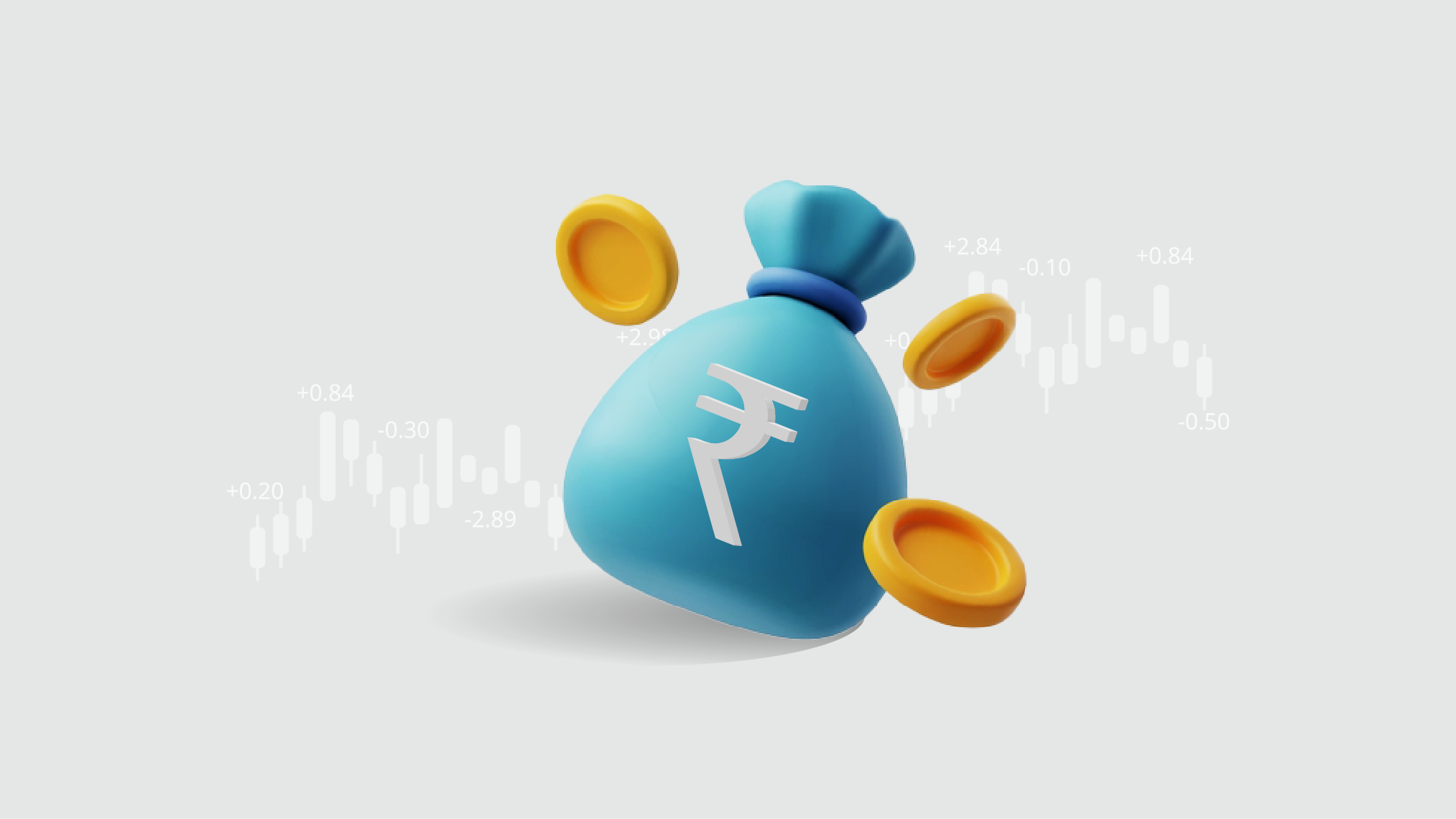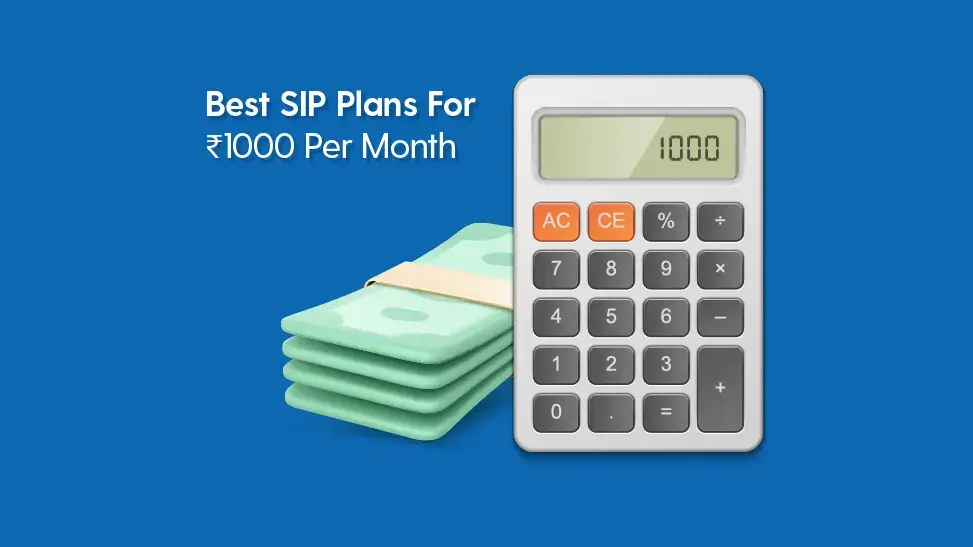Corporate Fixed Deposits

- Published Date: September 13, 2024
- Updated Date: June 17, 2025
- By Team Choice
The benefits of looking beyond conventional choices become increasingly apparent to investors in the quest for reliable investment options. Amidst various financial products available in the market, the key is choosing appropriate financial products that balance risk and return. Amidst dwindling interest rates and a market with varied investment options, corporate fixed deposits are being sought as a lucrative option for returns higher than conventional saving modes.
These deposits promise attractive interest rates and ensure money grows more systematically. This article will present a detailed overview of corporate FD by explaining their features, advantages, and the essential considerations needed to make an informed investment decision.
What is A Corporate Fixed Deposit?
A Corporate Fixed Deposit refers to the deposits made available by the investors with companies for a fixed period at pre-defined interest rates. NBFCs and HFCs usually issue such deposits. Corporate FDs pay more interest rates than their traditional fixed deposit counterparts. The spread in the interest rate may vary between 100-200 bps.
These companies' deposit schemes are rated “AA/AAA” by independent agencies like CRISIL, ICRA, and CARE. A stable rating for such a long period indicates a credible track record with a high level of safety regarding timely repayment of interest and principal. NBFCs issue corporate FDs under the regulation of the RBI, while HFCs operate under the regulation of the National Housing Bank.
Under specific terms and conditions, NRIs can invest in corporate fixed deposits through an NRO account. The maximum period of investment by NRIs in Corporate FDs is 3 years. The minimum and maximum amounts that could be deposited vary from issuer to issuer. However, the general rule will be that investments can start as low as ₹25,000 and go up to ₹20 crores for individual investors.
You can withdraw funds from corporate fixed deposits after a minimum lock-in period of 3 months. Premature withdrawal before this period is not allowed. You can access your funds after three months in case of some emergency by paying a nominal penalty on the interest. It is also possible to take a loan against Corporate FDs from the issuer, up to 75% of the principal amount, available at an interest rate 2% higher than the FD rate.
What are The Types of Corporate Fixed Deposits?
Based on the schemes, corporate FDs can be types of a few categories:
Cumulative Corporate Fixed Deposits
The interest on this deposit accumulates and is paid at maturity. The interest is reinvested to create a high compound return or added to the principal amount invested. You will get the total of your initial deposit with the overall interest accrued at maturity. It is ideal for those who do not need regular interest income, such as salaried professionals or successful business owners.
Non-Cumulative Corporate Fixed Deposits
In this type, interest is paid out periodically — monthly, quarterly, semi-annually, or annually — and is not reinvested. This yield would be a regular income but usually a little lower than the returns from cumulative FDs because less compounding occurs. It is best suited for homemakers, freelance workers, and retirees who require a regular income from their investments.
NRE and NRO Corporate Fixed Deposits
NRE corporate fixed deposits are tax-free and fully repatriable deposits for NRIs and PIOs. All book profits are allowed to be remitted outside India. The tenure ranges from a minimum of one year to a maximum of three years. NRIs and PIOs can maximise their overseas book profits using tax-free Indian rupee deposits.
NRO Company Fixed Deposits are partially repatriable. For NRI and PIOs to manage funds earned in India, interest income is liable for TDS. NRIs and PIOs can invest in Indian corporate FDs with their earnings in India.
Salient Features and Benefits of Corporate Fixed Deposit
Corporate FDs usually give reasonable interest rates and have tenures ranging from 7 days to 10 years. This flexibility gives you a range of choices for the tenure that best suits your needs. Some types of FDs allow you to make premature withdrawals under certain conditions.
Corporate FDs are for those who want higher returns than what banks offer. Corporate deposit schemes are independently rated “AA/ AAA” by independent agencies like CRISIL, ICRA, and CARE. The ratings denote a credible track record and the highest level of safety regarding timely repayment of interest and principal amount.
Key benefits of investment in corporate FD:
- Safety: AA+/AAA-rated FDs guarantee the topmost security to your invested amount.
- Reputed Issuers: Invest with corporations with long and credible track records.
- Easy Liquidity: Avail premature withdrawal options to access funds if and when needed.
- Higher Interest Rates: Avail competitive rates up to 9.40% p.a (based on the scheme)
- Regular Income Options: Opt for monthly or yearly income from the multiple income plans that suit you.
- Additional Benefit to Senior Citizens: An additional 0.50% p.a. on the interest rate for senior citizens based on the scheme.
- Flexible Tenure: Avail tenures ranging from 12 to 60 months, with the returns increasing with the increase in tenure.
- Security as Regulated by RBI: Invest with the confidence of knowing that only RBI-registered and -regulated NBFCs can accept deposits.
Taxation On Corporate Fixed Deposit Scheme
Interest from Corporate FDs is taxed at the marginal slab rate of the individual. If the aggregate interest exceeds ₹ 5,000 in a financial year, then a TDS of 10% is deducted. Resident individuals can avoid this TDS by submitting Form 15G or 15H, but this has to be done every financial year until maturity.
How does Corporate Fixed Deposit differ from Bank Fixed Deposit?
Here are some differences between corporate FDs and bank FDs:
Feature | Corporate Fixed Deposits (FDs) | Bank Fixed Deposits (FDs) |
Interest Rates | Typically higher, ranging from 7% to 9.40% p.a. | Generally lower, ranging from 3% to 7% p.a. |
Tenure | Flexible, from 7 days to 10 years | Typically ranges from 7 days to 10 years |
Premature Withdrawal | Allowed, subject to terms and penalties | Allowed, often with penalties |
Safety | Rated AA/AAA by agencies like CRISIL, ICRA, CARE | Backed by government or RBI regulations |
Eligibility | Resident Indians, NRIs, HUFs, firms, trusts, minors (via guardians), institutions | The general public, NRIs, HUFs, minors (via guardians) |
Taxation | TDS of 10% if interest exceeds ₹5,000; Form 15G/15H for exemption | TDS of 10% if interest exceeds ₹40,000 (₹50,000 for senior citizens); Form 15G/15H for exemption |
Liquidity | It may have lock-in periods; pre-mature withdrawal is possible after the initial lock-in. | Generally higher liquidity, pre-mature withdrawal often allowed |
Loan Against FD | Available up to 75% of the principal at 2% higher than the FD rate | Available up to 90% of the principal at similar or lower rates |
Regulation | Regulated by RBI for NBFCs and NHB for HFCs | Regulated by RBI |
Who Can Invest in Corporate Fds?
Resident Indians, NRIs, and Hindu Undivided Families or HUFs can invest in such deposits. Even partnership firms, companies, trusts, and societies can buy corporate FDs. Minors can invest through their guardians, and financial institutions, NBFCs, and banks can invest surplus funds. Thus, this wide eligibility makes corporate fixed deposit investment apt for institutional and individual investors searching for higher and assured returns.
Corporate FDs meet the needs of fixed-income investors with a greater risk tolerance. They are ideal for relatively risk-seeking fixed-income investors searching for superior returns relative to bank FDs but with more income certainty than market-linked fixed-income instruments.
Understanding the Risk-Reward Profile of Corporate FDs
The regulatory steps taken by the RBI have taken a toll on corporate FD rates. Restrictions by the RBI on unsecured loans have lowered bank credit to NBFCs and raised their cost of funds. Many NBFCs have started raising funds from alternative sources, such as bond markets and corporate FDs. Therefore, NBFCs catering to unsecured loans are expected to increase their FD rates in the coming months to meet this segment's credit demand.
Corporate FD rates are usually higher than the NCDs' and bank FD's secondary market rates. For example, Shriram Finance offers 9.30% to senior citizens, while its NCDs are 8.9-9%. Similarly, Bajaj FD offers 8.85%, while its NCDs are quoted at 8.35-8.40%.
These corporate FDs can give extra returns for those willing to take some credit risk. These returns are relatively more attractive than the rest of the fixed-income options and are available for longer tenures.
The fixed-income investor should, however, look at the real interest rate. The real interest rate is the rate of the nominal interest rate minus the rate of inflation. Currently, most of the company FDs offer positive real interest rates. Also, most of these are rated either AAA or AA by credit rating agencies, which means strong capital safety.
Compared to debt mutual funds, bonds, and other market-linked fixed-income instruments, corporate FDs offer far greater income certainty. Since the returns are fixed, changes in policy rates, broader market interest rates, or any other market factor do not make corporate FD returns change. However, lower-rated corporate FDs carry a risk of default and usually have penalties for early withdrawal.
Invest in corporate FDs only after establishing the core fixed-income portfolio with small savings instruments and bank FDs. Investors should first allocate to PPF and VPF before considering corporate FDs. It is also recommended that more than 15% of your financial net worth should not be allocated to these investments.
How to Evaluate and Choose Corporate FDs?
The following is a step-by-step procedure for evaluating and choosing an appropriate corporate fixed deposit:
- Company Reputation - Ensure the issuing company enjoys an impeccable reputation and sound financial position and is registered with RBI.
- Credit Ratings - Invest in only companies rated highly by rating agencies like CRISIL, ICRA, and CARE. It is also desirable to select only those bearing AAA or equivalent ratings.
- Interest Rates - Compare the rates of various issuers for various tenures to determine the best rate that suits your investment horizon.
- Understand All Terms - Understand the terms on the lock-in period, frequency of interest payout, and rules on premature withdrawal.
- Check Claim Settlement History - Check the claim settlement ratio and its track record concerning deposit repayment in time.
- Limit Exposure - Avoid investing more than 15-20% in deposits of one company.
Top Corporate Fixed Deposits with Higher Returns
Here is a list of popular corporate fixed deposits offering better returns in 2024:
Company Name | Credit Rating | Applicable Tenure | 1-year Tenure | 3-year Tenure | 5-Year Tenure | Additional interest rate for senior citizens |
Shriram Finance | ICRA - AA+/Stable IND AA+/Stable by India Ratings and Research | 50 months and five year | 7.59% | 8.38% | 8.47% | 0.50% |
Mahindra FinanceCRISIL | CRISIL - AAA/Stable India Ratings - IND AAA/Stable | Three years and 5 years | 7.50% | 8.10% | 8.10% | 0.25% |
Manipal Housing Finance Syndicate Ltd. | ACUITE - ACUITE A | 1 year, 2 years and 3 years | 8.25% | 8.25% | 7.75% | 0.25% |
PNB Housing Finance Ltd | CRISIL - AA/Positive CARE - AA+/Stable | 4 years and 5 years | 7.45% | 7.75% | 7.90% | 0.35% to 0.50% |
Sundaram Home Finance | CRISIL - AAA/Stable ICRA - AAA/Stable | 4 years and 5 years | 7.45% | 7.75% | 7.90% | |
Muthoot Capital Services Limited | CRISIL – A+/Stable | 5 years | 7.21% | 8.07% | 8.38% | 0.50% |
ICICI Home Finance | CRISIL – AAA/Stable ICRA – AAA/Stable CARE – AAA/Stable | 3 to less than 5 years | 7.25% | 7.65% | 7.60% | 0.25% |
Conclusion
Corporate fixed deposits emerge as one of the most sought-after avenues for investors to reap better returns with a certain degree of income assurance. Attractive interest rates and relative stability put them among the strongest contenders in fixed-income investments. As you consider the merits of corporate fixed deposits against other alternatives, remember how they align with your investment objectives and risk appetite. Paying due regard to conditions and choosing highly rated issuers will enhance your portfolio and further secure financial growth.
Want to invest in fixed-income instruments? Explore the Choice platform for expert advice and guidance on choosing the best investment option.
Recommended for you

How To Check Your Income Tax Refund Status in India

Indian Stock Market Prediction For Next Week

FII DII Data - Live Data
